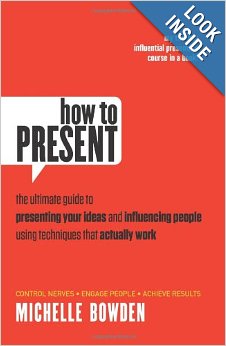Welcome to the October 2013 edition of The Director’s Dilemma. To read this email in your browser, go to www.mclellan.com.au/newsletter.html and click on ‘read the current issue’.
This month our real life case study concerns how a director might handle a potential perceived conflict of interest.
Consider: What would you advise a friend to do under these circumstances?
Alison is a director on the board of a not-for-profit enterprise. She does not consider herself to be a professional director but has a keen personal interest in the purpose of the company and has bothered to read about her responsibilities as a director so as not to fail in her duty.
She also works as a volunteer within the operations and has become quite friendly with a local businessman who is one of the principal suppliers to the company. They share interests in many things and have often had a coffee together. Last month he informed her of an investment opportunity with a start-up company which is seeking pre-IPO funding. Alison has investigated the company and is very interested in taking up some stock as she believes it will be sound investment. Her friend is also investing. Neither of them will get a board seat but it is a sizable investment for them and will be bigger than other single investments Alison has made.
Alison is now worried that her investing alongside a supplier may constitute an interest that should be disclosed to the board. She is not sure how to proceed. Her friend says there is no conflict and it is her own private affair where she invests. The start-up has no business relationship with the not-for-profit.
Is this a conflict of interest? How should Alison characterise and report this to her fellow directors?



